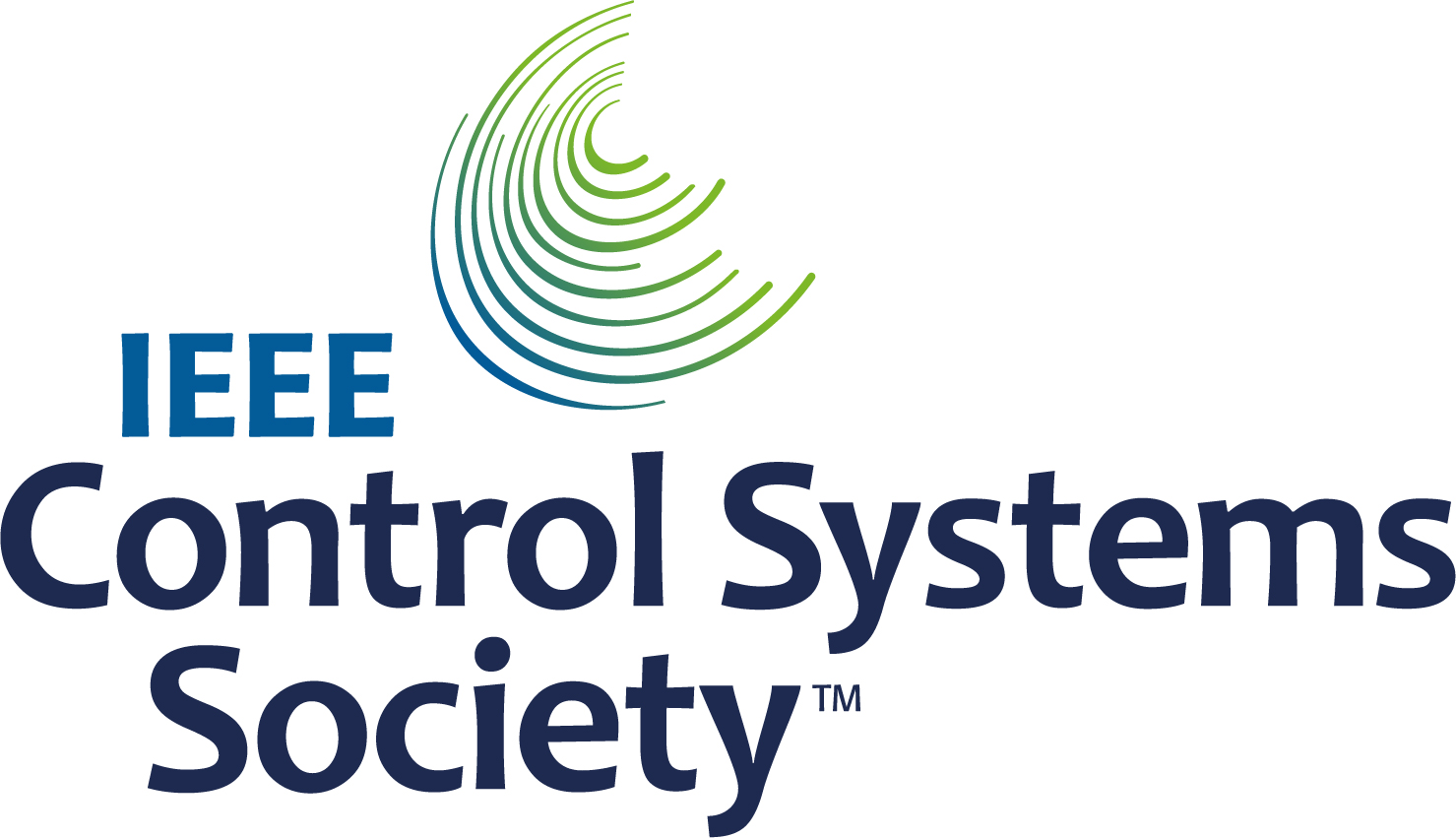2025 Seminar Series
-
Title: How can digital twin/virtual commissioning be leveraged to optimize the new production ramp?
Speaker: Riddhi Padariya (Sr. Controls Engineer, The Boring Company)
Abstract: As manufacturing environments become increasingly complex with the growing demand for goods, optimizing the ramp-up phase of new production lines is critical to ensuring efficiency, cost-effectiveness, and product quality. This talk explores how Digital Twin and Virtual Commissioning technologies can be leveraged to accelerate the ramp-up process for new production systems. We will discuss how Digital Twins—virtual replicas of physical assets and Virtual Commissioning provides a pre-deployment simulation environment to validate system design, optimize control systems, and ensure seamless integration of automated components before going live. By combining these two technologies, manufacturers can minimize downtime during commissioning, reduce errors, and improve collaboration between design, engineering, and operations teams. Attendees will gain practical insights into implementing these technologies to optimize the commissioning process, enhance production throughput, and improve overall system performance during the critical ramp-up phase.
Date/Time/Meeting Link: Feb 24, 10:30-11:30 AM EST
Recording: https://youtu.be/xeSnYl4Vz3k
2024 Seminar Series
The TC 2024 seminars were conducted as part of IEEE CSS Day 2024 held during the week of Oct 21-25, 2024. These talks were part of TC seminar series on Control Technologies and Solutions for Sustainable Energy Systems . Below is a list of talks, accessible to those who registered for the event.
-
Title: Low-Cost Automation and Platooning for EVs: A Step towards Carbon neutral World
Speaker: Rajnikant Sharma (Air Force Institute of Technology, Ohio)
Abstract: This talk presents a low-cost, open-source automation platform for electric vehicles (EVs) using the Robot Operating System (ROS). We explore two control strategies for remote operation: one that manipulates Controller Area Network (CAN) messages for acceleration control and another that emulates the analog outputs of vehicle pedals and steering sensors. The development includes essential velocity and steering controllers and an advanced path-following algorithm for efficient EV platooning. We demonstrate the platform's effectiveness and potential to facilitate a carbon-neutral transportation system through experimental validations, highlighting its practical implications for the future of EV automation.
Link: https://client.conflux.events/app/events/42/schedule/3624/presentations/17248
-
Title: Model-free, Real-time Dynamic Optimization and Control via Extremum Seeking in Wind and Solar Systems
Speaker: Sameh Eisa (University of Cincinnati)
Abstract: In this presentation, we discuss briefly the powerful theory of extremum seeking systems. The near-unique Extremum Seeking Control (ESC) systems are known to have the ability to steer a given dynamical system to the extremum (maximum/minimum) of an objective function that is unknown – expression-wise in model-free, real-time fasion. Hence, ESC has been used in controlling solar and wind farms to achieve the desired optimization output without knowing expressions for many external parameters/profiles, such as but not limited to the aerodynamic/wind effects. However, a major challenge in applying ESCs is that they possess persistent oscillations. In this presentation, we also show our recent results in the Modeling, Dynamics and Control (MDCL) lab, which provides a method to improve ESC performance and attenuate its oscillations.
Link: https://client.conflux.events/app/events/42/schedule/4998/presentations/23568
-
Title: Driving Towards a Greener Future with Electric Vehicle Motor Drive Innovations
Speaker: Xin Yuan (University of Aberdeen)
Abstract: Climate change has emerged as a critical global challenge. Most countries have implemented policies to accelerate and scale up actions toward achieving universal access to clean, affordable energy by 2030 and net-zero emissions by 2050. In this context, it is crucial to develop electric machines and drive technologies, which exhibit a series of characteristics such as high-power density, high torque density, high tolerant capability, low cost, low torque ripples, and high dynamic response performance. This talk will present the latest results and findings in motor drive technologies for electric vehicles (EVs). The detailed motor drive topologies to be discussed include model predictive control, modeling analysis of electrical machines, a two-degree-of-freedom (2-DOF) proportional-integral (PI) speed control framework, and disturbance observer design.
Link: https://client.conflux.events/app/events/42/schedule/3624/presentations/17247
